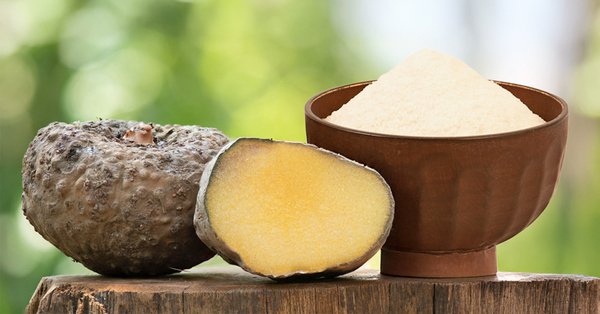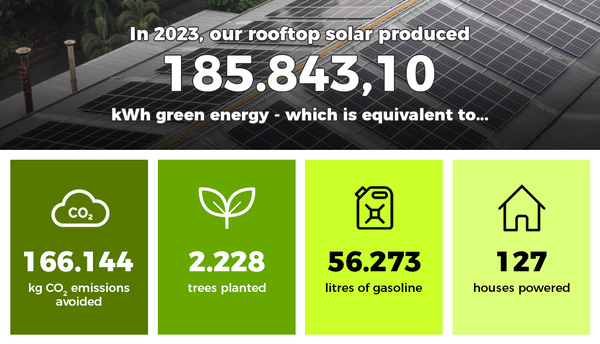
There are no longer any doubts, climate change is a fact and the intensification of seaweed cultivation can make an important contribution to the reduction of greenhouse gases.
Furthermore, red seaweed has an important economic value due to its nutritious properties and hydrocolloid content which are the basis of the Java Biocolloid/Hakiki Group business.
For these reasons, the company is organizing seminars dedicated to farmers interested in starting seaweed cultivation in the areas of abandoned ponds.
It is estimated that in Indonesia, there are over 2 million hectares of ponds, with the majority of them being abandoned.
The ponds play a vital function for the islands of the archipelago, acting as a barrier to the intrusion of sea water which, with its salinity, would make the coastal areas uncultivable.
When the ponds are abandoned, the dams, efficiently created and maintained over the centuries by the coastal communities, crumble under the pressure of the waves. The “ponds barrier” that keeps seawater away from cultivated areas is therefore crumbling, allowing salty water to migrate to the mainland creating enormous problems, especially in rice paddies, which are extremely sensitive to the increases in soil salinity.
The first community to be involved under the leadership of Mrs. Maria Gigih came to the factory where the HKK/JB technicians will hold the training courses that she will transfer to the farmer communities spread around the archipelago.
Furthermore, the protocols for the future supply of dry seaweed were signed, specifying requests and guaranteeing by Java Biocolloid/Hakiki Group the purchase of the material at a price higher than the market price in a proportion varying between 5 and 10%.











